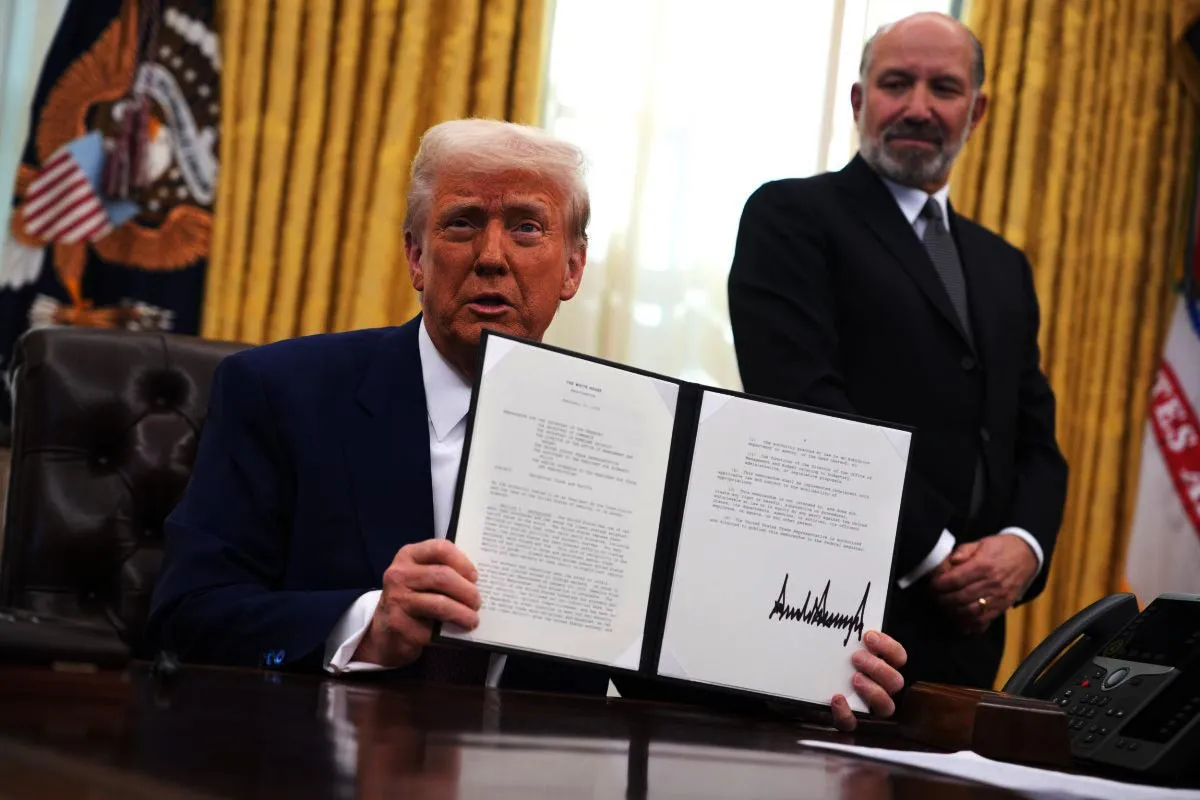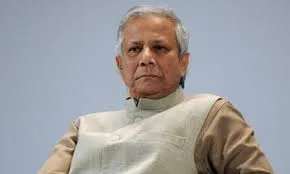Non-compete clauses are designed to prohibit employees from accepting employment or at least performing services for competitors. This may be for a specified duration and/or in a defined geographic region. Non-compete clauses can also be part of a sale or business transaction, intending to forestall the seller of a business from competing with the purchaser for a period of time, typically after the closing of the sale. Non-compete provisions can be used to protect trade secrets, intellectual property, proprietary information and even business goodwill.
The first known legal case in old English contract law dealing with restrictions on the practice of a craft is the Dyer’s Case (Dyer’s case (1414) 2 Hen. V, fol. 5, pl. 26) where a dyer defaulted on his obligation to not compete with the man to whom he sold his business. The court invalidated the agreement on the grounds that the master had promised nothing in return. In this 15th century case, the court’s primary concern was protecting the apprentice’s right to earn a living.
However, the situation was almost reversed in a case involving two London bakers which set a new standard in 1711. Here, a baker Reynolds opened a bakery within a specific distance from the bakery he had leased to one Mitchel. This was held by the courts to be in violation of the terms of their non-compete agreement as the court felt that Reynolds had received the financial benefit of rent, and the restrictions were limited and specific, and there was no injury to the public. This case went on to establish a basic principle of reasonableness for non-compete agreements, which is still applied today.
JUSTIFICATION: UNFAIR COMPETITION, BUSINESS SECRETS
Reasonable safeguards should be in place to protect businesses, business owners, and their employees from losses that result from unfair competition. There is a thin line that separates fair competition from unfair competition which is when a former employee absconds with trade secrets, client lists, key employees, or confidential information. Therefore, in order to mitigate those losses, restrictive covenants such as non-compete, non-disclosure, and non-solicit agreements have been used.
In an endeavour to prevent unfair competition, non-compete agreements/clause have traditionally been used to inoculate legitimate business interests such as:
1. Trade secrets or confidential information;
2. Purchase of a business owned by the employee;
3. Habitué relationships;
4. Investment in the employee’s reputation in the market.
As global economies have evolved, so has employers’ determination for using non-compete agreements. Apart from preventing unfair competition, non-compete agreements are now used to:
1. Reduce the costs of employee turnover,
2. Increase the cost of competition,
3. Control free markets, and
4. Depress wage growth.
Non-Compete versus Non-Disclosure Agreements versus Non-Solicitation
Non-solicitation agreements restrict an employee from soliciting the employees or customers of a business, while a non-disclosure agreement between an employer and an employee prohibits the employee from disclosing any of the employer’s proprietary information, business processes, intellectual property, or knowledge assets. These are different from a non-compete agreement in which one party agrees not to compete against the other party, especially in an employer-employee context, where the employee is the recipient of the prohibition on competition. All the three above are usually separate contracts or clauses in a large contract. The only similarity between them is that they are attempts by a business to protect its competitive edge.
ENFORCEABILITY AND JURISDICTIONS
The increasing and widespread use of non-competes has sparked controversy over these agreements. The enforceability of these agreements are being reconsidered by several states. The Hon’ble Supreme Court of India in catena of judgements has consistently taken the view that: (1) negative covenants can only be enforceable to the extent that they are reasonable; and (2) the purpose of the covenant is to protect the legitimate business interests of the buyer. Even in the aforementioned circumstances, the restraint cannot be greater than necessary to protect the interest concerned. The approach adopted by Indian courts with respect to employees is that such restrictions during the period of employment are valid and considered legitimate for the protection of the business interests of the company and hence, do not violate section 27. It is merely a tool towards the fulfilment of the employment contract and not a restraint of trade because it only requires the employee to serve the employer exclusively.
SECTION 27 OF THE INDIAN CONTRACT ACT, 1872 AND SAVING
As stipulated in section 27 of the Indian Contract Act, 1872, an agreement by which anyone is restrained from exercising a lawful profession or trade or business of any kind is to that extent void, unless they fall within the narrow exception carved out by the statute. The underlying principle behind this provision is that an individual is entitled to exercise its lawful trade or calling as and when it wills, and that the law guards against interference with trade, even if it means interfering with the freedom of contract.
The observations of Sir Richard Couch, C.J., in Madhub Chunder v. Rajcoomar Doss, supra, which have become the locus classicus are: “The words ‹restraint from exercising a lawful profession, trade or business› do not mean an absolute restriction, and are intended to apply to a partial restriction, a restriction limited to some particular place, otherwise the first exception would have been unnecessary.» Moreover, «in the following Section i.e., Section 28 of Indian Contract Act, the legislative authority when it intends to speak of absolute restraint and not a partial one, has introduced the word ‹absolutely›… The use of this word in Section 28 supports the view that in Section 27 it was intended to prevent not merely a total restraint from carrying on trade or business but a partial one. While an employer is not entitled to protect himself against competition per se on the part of an employee after the employment has ceased, he is entitled to protection of his proprietary interest viz. his trade secrets, if any, and a business connection.”
PROS AND CONS
On one hand, the use of non-compete can seriously undermine employee freedom to move and pursue economic benefits and wage growth. In the era of a knowledge economy, they also argue, high employee mobility is conducive to innovations, but non-compete agreements that block the free flow of employees and knowledge will end up stifling creativity and, eventually, economic growth.
On the other hand, the use of non-compete is necessary to keep legitimate business interests like confidential information or trade secrets. One of the major positives or necessities for non-compete is that it allows businesses/employers to invest in R&D with more guarantee. Without them, they cannot prevent their employees involved in new projects from leaving the firm and joining competitors.
CONCLUSION
Non-competes are designed specifically to protect against unfair competition, and these contracts safeguard a company’s trade secrets, can help reduce employee turnover and can incentivize an employer to provide costly training. On the other hand, these agreements can reduce a worker’s bargaining power, and may cause a worker to leave a field entirely, taking their expertise with them, effectively preventing top talent from using their skills and experience.
One serious challenge with non-competition, non-disclosure and non-solicitation agreements is their actual enforcement. Once the trade secret has been disclosed, or an employee has been solicited to leave, or a former employee’s competition has harmed a business, the legal process to recover damages is lengthy and uncertain.
In the US, different states have different approaches toward enforcement of non-competes and cognate arrangements. The burgeoning of IT and media companies has seen frequent and rather unwarrantable use of these covenants in recent times. It is, however, imperative to find a fine balance between the promotion of trade of the employer while ensuring that the rights of employees are protected. Courts in India have been shy of strictly enforcing non-compete restrictions in favour of employers, and have rather been ensuring that principles of justice, morality and fairness are duly applied, as per the facts and circumstances of the instant case under consideration.
Brijesh Singh is an author and IG Maharashtra. Khushbu Jain is an advocate practising before the Supreme Court and a founding partner of law firm Ark Legal. The views expressed are personal.























